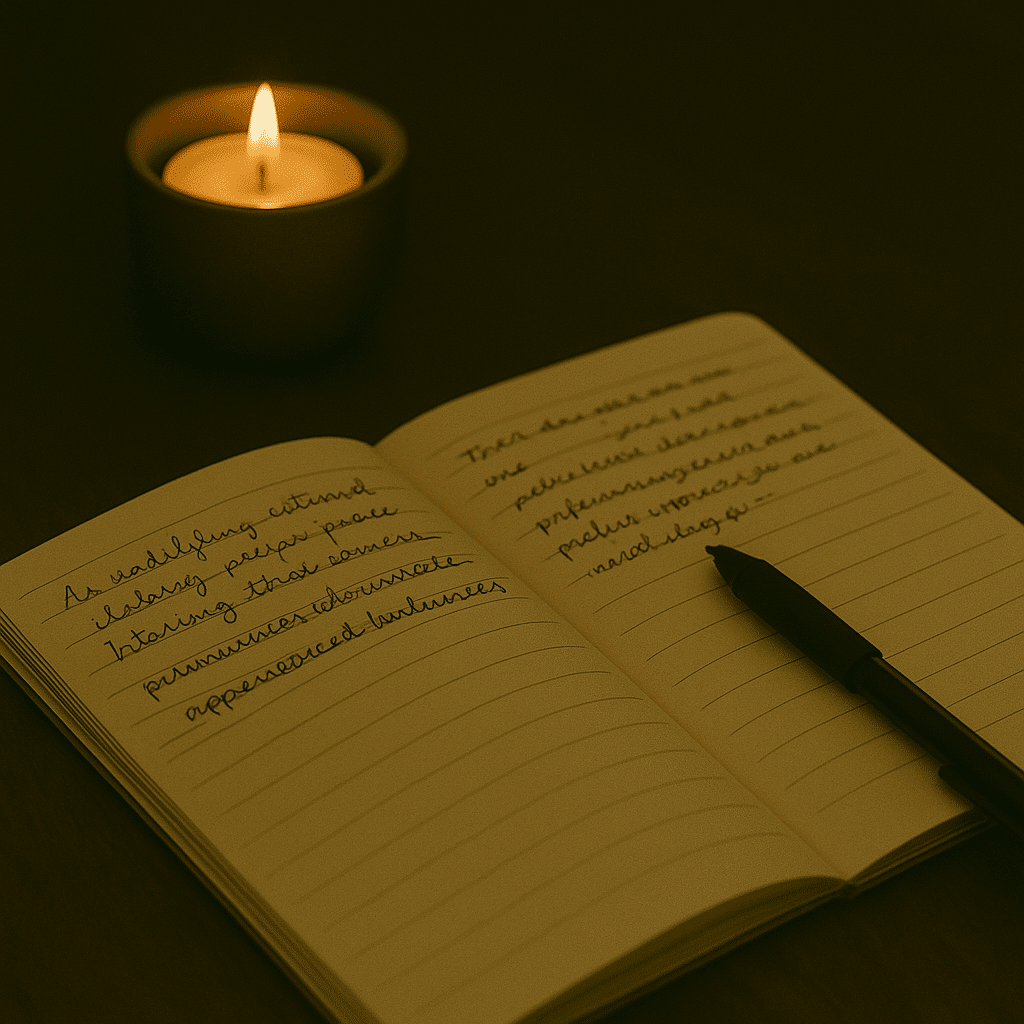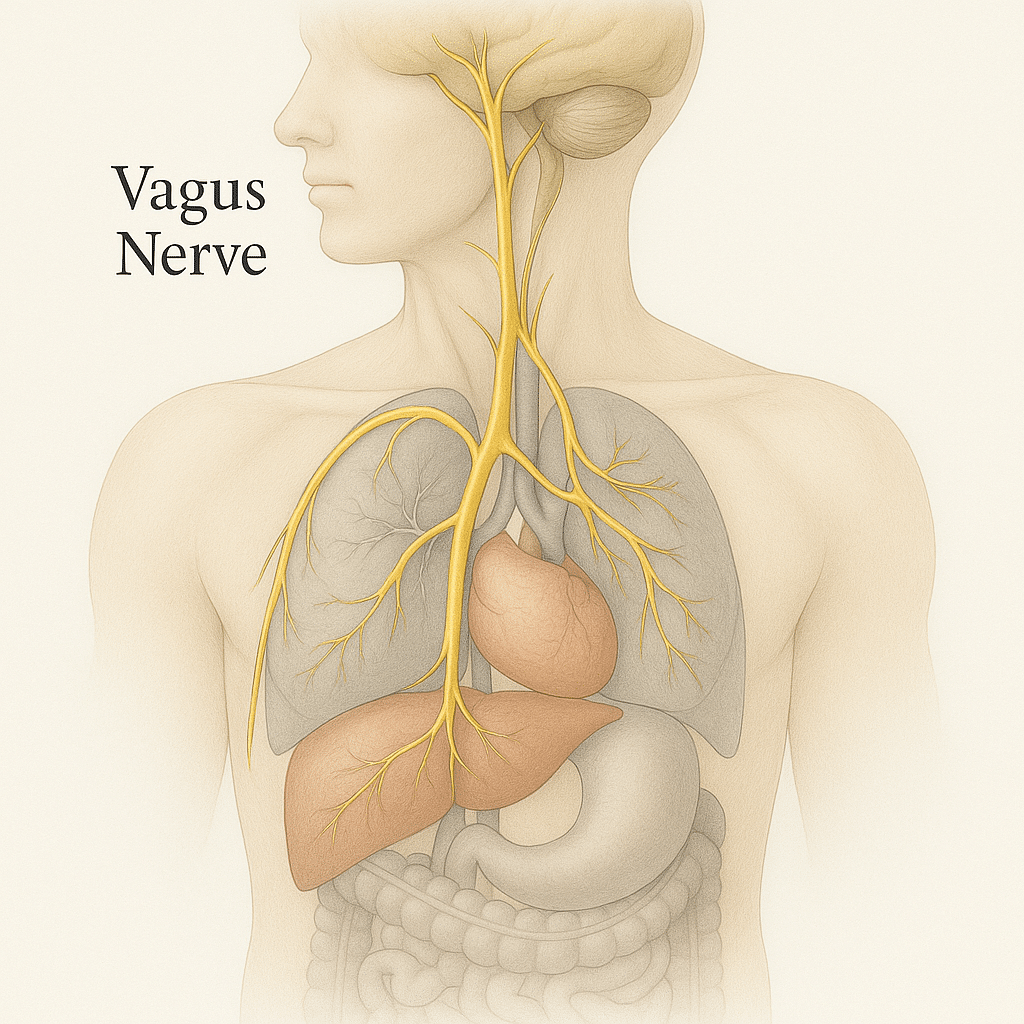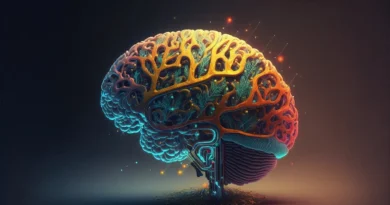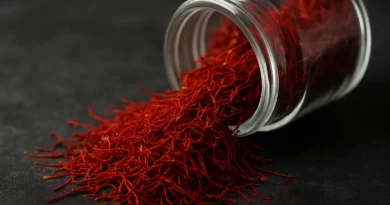The Forgotten Link Between Philosophy and Health (And Why It Still Works Today)
Modern health advice often skips over the mind. We count macros, track steps, and optimize supplements, but ignore the internal system that holds it all together: our philosophy. For thousands of years, people didn’t have biohacks or health trackers. They had principles. Stoicism, Buddhism, and ancient Christian monasticism weren’t just spiritual codes. They were health systems.
Today, we’re rediscovering that ancient wisdom. Not through temples, but through science. As we battle stress, burnout, inflammation, and overstimulation, old philosophy is starting to sound like modern medicine.
TL;DR
Philosophy and health are deeply connected. Ancient practices like Stoicism, contemplation, fasting, and voluntary discomfort help regulate stress, build emotional resilience, and reduce inflammation. Living philosophically isn’t abstract. It’s a path to physical and mental strength.
1. Philosophy Was the First Health System
Before there were gym memberships or nutrition apps, there were teachings. The Stoics taught temperance. Buddhists embraced mindfulness and detachment. Monastics practiced silence and fasting. These weren’t rituals for the sake of piety. They were acts of bodily and mental regulation.
Marcus Aurelius journaled daily to clear his mind and lead with reason, not emotion. Buddha taught right thought and right action as tools to eliminate suffering. Today, we would call that stress resilience. Early Christian monks fasted not to punish the body, but to reset its cravings and sharpen their discipline.
Ayurveda, India’s ancient system of medicine, also treated philosophy as foundational to health. Its teachings on daily rhythm (dinacharya), seasonal balance, and mindful eating reflect a deep understanding of how thoughts, environment, and emotions affect the body. Much like Stoicism or Buddhist detachment, Ayurveda emphasized self-regulation, not just for longevity, but for clarity of mind.

What we now call "biohacking," they simply called living with intention. The clarity and discipline they cultivated served as protection against emotional reactivity and chronic disease.
For a deeper dive into how your mindset shapes your biology, explore our YouTube video Your Comfort Zone Is Killing You.
2. Stress, Inflammation, and the Nervous System
Chronic stress is one of the biggest drivers of modern disease. It fuels inflammation, disrupts sleep, weakens immunity, and accelerates aging. But we rarely ask: what actually causes our stress?
Philosophy answers that. It trains perception. The Stoics taught that we don’t control what happens, only how we respond. That mindset isn’t just empowering. It’s anti-inflammatory.
Modern science backs this. Regulating the vagus nerve, which influences everything from heart rate to digestion, has been shown to reduce inflammation and improve mood according to research published in Frontiers in Neuroscience.

Breathwork, reflection, and silence are nervous system interventions long embraced by ancient wisdom. They reduce sympathetic overload and increase vagal tone. In other words, they help you handle life without burning out.
3. Discomfort Builds Immunity
Philosophy never promised comfort. In fact, it warned against it. The Stoics would practice poverty to reduce fear. Monks would sit in silence to face their thoughts. Samurai embraced voluntary hardship to develop unshakable calm. These were tools of resilience.
Today, we know that mild stressors like cold exposure, fasting, and endurance training trigger a biological phenomenon called hormesis. The body adapts to these stressors by becoming stronger. This is supported by research on hormesis and cellular stress resistance.

Discomfort isn’t a weakness. It’s an ally. The ancient world saw it. We’re just remembering it.
If you’re interested in how physical discomfort can serve your health, check out our science-backed feature on Why Cold Showers Work.
4. The Mental Diet Is Just as Important
We talk a lot about food. But what about thought?
The mental chatter we allow into our minds—news, negativity, distraction—is often more toxic than what we put on our plates. Ancient philosophy taught intentional focus. Today, we call that cognitive hygiene.
Seneca warned against overexposure to crowds and noise. Buddhist monks practiced right speech and avoided idle talk. Christian mystics journaled or prayed in solitude. They understood that the mind, like the gut, becomes inflamed when overstimulated. And both require a clean environment to heal.

Consider your current inputs. If you’re constantly overwhelmed or reactive, it may not be your schedule. It may be your mental diet.
5. How to Live Philosophically Today
This isn’t about robes and monasteries. It’s about integrating timeless practices into your routine:
- Sit in silence for 10 minutes daily without your phone
- Fast once a week, even just 14 to 16 hours
- Journal to clarify your thoughts and detach from emotion
- Reframe discomfort as training, not punishment
- Limit mental inputs and choose your information like your food
You can also experiment with contemplative walks, cold water rinses, and breath-holding exercises. These actions calm the nervous system and build tolerance for discomfort, both mentally and physically.

Philosophy isn’t dead. It’s just waiting to be lived.
Conclusion
We’re not missing a supplement. We’re missing a system.
Ancient philosophy gave people tools to live intentionally, resist chaos, and endure hardship, not just in mind but in body. It regulated stress long before cortisol tests. It promoted resilience long before clinical studies confirmed it.
If you want real health, don’t just change your routine. Change your philosophy.
Written and fact-checked by the Fitsnip editorial team.
Sources embedded throughout article:
- The Role of the Vagus Nerve in Health and Disease – Frontiers in Neuroscience
- Stoicism and Mental Health – Intelligent Change
- Hormesis and Health – PMC
J.D. Wilson is an Integrative Health Specialist, Certified Meditation Teacher, and author of The Comfort Trap: The Quiet Cost of an Unchallenged Life. He founded Fitsnip.com to translate complex research into practical systems for longevity and mental clarity.
About: https://fitsnip.com/about




